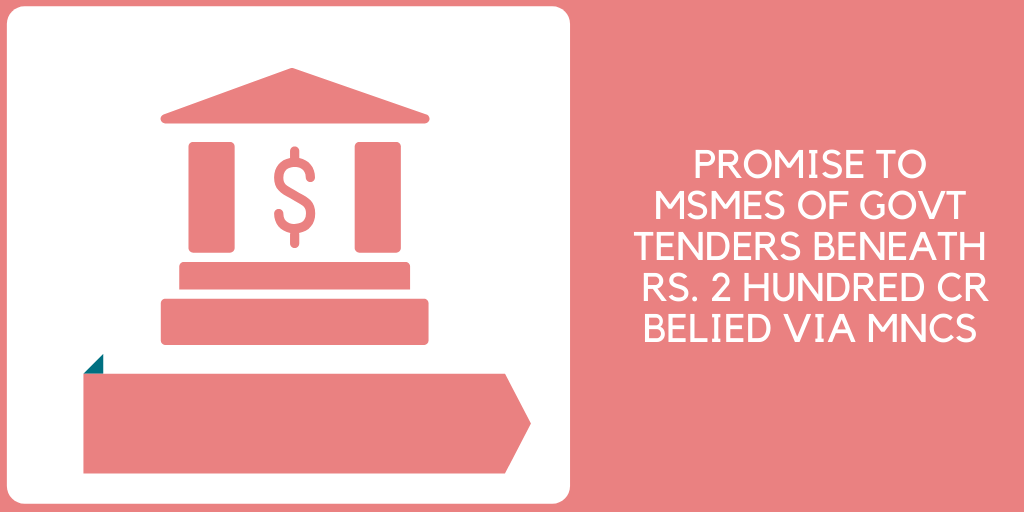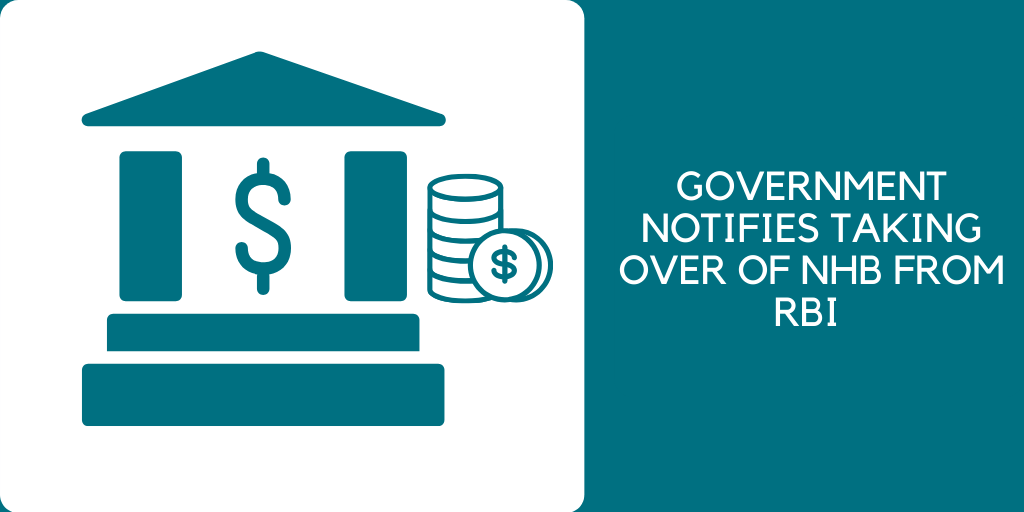he Cabinet Committee on Economic Affairs chaired by Prime Minister Narendra Modi announced the creation of the Animal Husbandry Infrastructure Development Fund (AHIDF) worth Rs. 15000 crore. This is the latest development after the Atma Nirbhar Bharat Abhiyan Scheme was launched by the prime minister to stimulate growth in the various sectors.
The government has announced various schemes recently to reinvigorate the economy and it sees the revival of MSMEs as a key component of the recovery and thus hopes that this scheme will allow for private players to enter into this scheme. The entry fo private players would make the market more competitive and the farmers will have additional freedom in doing his business. Furthermore, it will create an additional infrastructure that will increase the share of Animal Husbandry in the Agriculture sector,
It would provide impetus to the dairy revolution and the meat processing industry. The government hopes that the Farmers Produce Organisations(FPOs), MSMEs, Sector 8 companies, and private entrepreneurs. 10% of the total cost of any project under this scheme will be borne by the beneficiary while the rest will be provided by the government through a series of loans through scheduled banks
The government will provide a 3% interest subvention to eligible beneficiaries. The period of the moratorium will be two years with six years the time set for repayment. The government in collaboration with NABARD is forming Rs. 750 crore Credit Guarantee Fund which will be sanctioned to those projects which are covered under the MSME ceilings. The guarantee coverage under this scheme would be 25% of the Credit borrower facility.
The government says that since 50-60% of the total earnings in the dairy sector go back to the farmers any substantial increase in the revenue will greatly have an impact on the farmers’ income. It is estimated that through this a total of 35 lakh jobs would be created if these measures are fully implemented.





